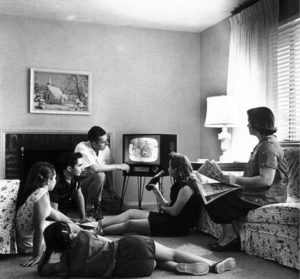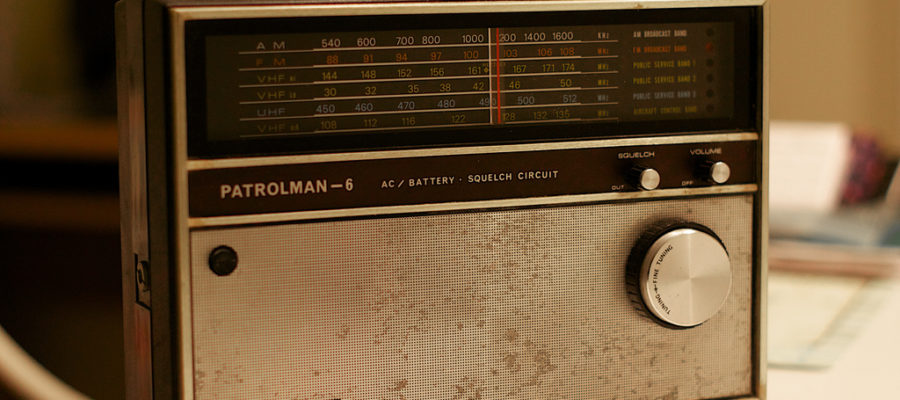It is becoming ever clear that cord-cutting is becoming a norm for the younger generation of Americans with over a third of people between ages 21 and 35 ditching cable. The biggest surprising trend in recent broadcast media news is the sudden surge in radio popularity. History typically shows people always looking for the newest and most advanced technology available to them, but this particular example breaks that trend – albeit in its own unique way.
Radio is evolving in some ways; adapting to the changing nature of music today with online radio and radio streaming services offering more choices and greater convenience for listeners.
Radio has one inherent advantage thanks to the simple nature of its medium. Radio does not require the full attention of the listener. Music/talk radio only needs your ears, freeing you up for whatever other tasks you might have at hand. Whether you’re driving your car, writing a paper, or working in an office, you’re exposed to more opportunities to listen to radio.

InsideRadio.com says in a 2016 article, “Nearly two-thirds (63%) of listening in diary markets occurs outside the home.” Additionally with the popularity of the internet it is much easier for someone to listen to music while using their favorite websites. This all contrasts starkly to T.V. which requires a greater level of attention for users and requires an inherent effort to start watching.
Turning on the radio is almost second nature to American culture. If you’re at a party nobody is going to really want to sit in silence.
Radio may be able to adapt to the challenges it has faced in a modern, evolving digital-first world, however T.V. has struggled to adhere to what the millennial generation is pushing. The decline in popularity of many major sports notably hurts one of the key advantages of T.V. that many of the competing online mediums like netflix, hulu, and others do not offer. As sports decline and the opportunities for live T.V. are shifted to other sources on the internet like youtube and twitch.tv T.V. is left scrambling just now to offer more adaptable products.
T.V. providers are trying to offer custom packages like Dish’s Sling TV and Verizon Fios’ “custom T.V.” CNBC also reports that Hulu is now in discussion with networks like Fox and Disney to bring live T.V. to their platform – entirely circumventing the television provider model that has existed for decades now.
The changes of new media is bringing forth more legal challenges as well with online video content prodivders not being subject to the standard T.V. FCC regulations their content is able to be more open. As the FCC looks to conclude on a way to handle the new media major companies are concerned with how potential regulations would impact them. Forbes’ Fred Campbell explains in his article “Is Television’s New Golden Age About to End,” that companies like Amazon and Google “being subject to @FCC public interest obligations was terrifying” for them.
Radio’s presence as a steady reliable medium offering adaptations to a modern environment as well as its nature as an “ears-only” format has helped maintain its popularity throughout the rapid changes that new media is presenting.
Television was a bit late to the party in recognizing that changes to their traditional platform would be necessary to maintain their status in the American media hierarchy. It remains to be seen whether or not live T.V. even has a place in the future of American media, but if it does it will need to undergo significant changes to remain relevant in American culture – lest it lose out to online video streaming services.
This article was written originally for a CUNY CSI COM course and later adapted as an online article.
